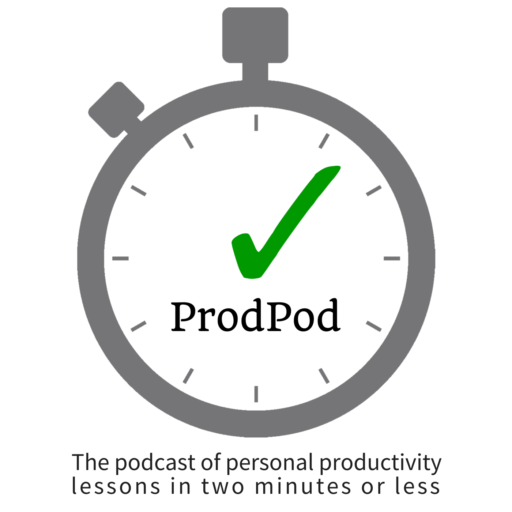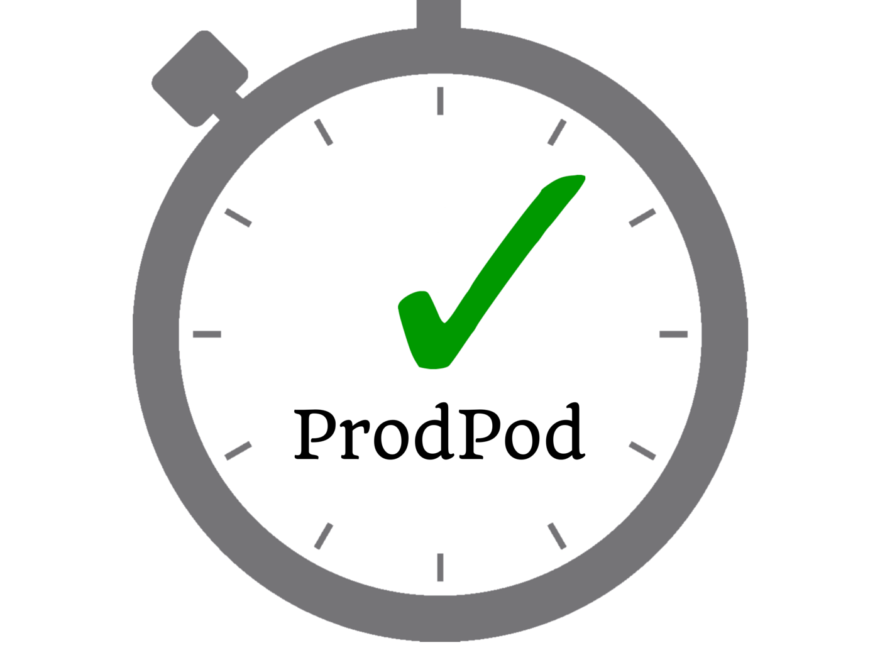In our second episode, Ray gives us a brief introduction, with a list of resources posted below for further reference, to ProductiveFlourishing.com blogger-entrepreneur Charlie Gilkey’s Theory of Productivity. You can find his original post discussing the General Theory of Productivity at Productive Flourishing.
Welcome to our second episode of ProdPod, the podcast of productivity tips in two minutes or less. I’m Ray Sidney-Smith and I’m your productivity guide, the current organizer of Getting Things Done DC Meetup & the founding organizer of the newly established Getting Things Done NYC Meetup, you can find me tweeting on twitter at g t d d c and at g t d n y c using the hashtag, #prodpod.
This episode’s tip: Charlie Gilkey’s General Theory of Productivity. Charlie Gilkey is the blogger-entrepreneur behind productive flourishing dot com. I recommend perusing his blog for the most popular posts and reading them through…good stuff. He has developed two theories and I’m going to cover the first one here and the next one in the next episode. The general theory of productivity according to Gilkey is that productivity equals creative energy plus focus plus motivation plus aptitude plus ideal time *over* difficulty and distractions.
He defines productivity as effectiveness of reaching meaningful goals, not merely time-based efficiency. He goes over in detail his descriptions of each of the numerators (creative energy, focus, motivation, aptitude, and ideal time, which are what he calls productivity enablers and makes commentary that these are all self-identified and self-influencing factors of being productive). Productivity enablers also increase or decrease in amounts based on an interdependent system.
While the denominators (difficulty and distractions) reduce productivity, are usually external forces and are also interconnected. Even though personally I somewhat disagree with his assertions, the general theory of productivity moves one away from a microscopic view of productivity (“hacks” as he calls them) to a greater perspective and context. By paying attention to these components that Charlie Gilkey provides, we are able to identify trends of positive and negative habits and make corrections to these habits to achieve more of our meaningful life goals.

